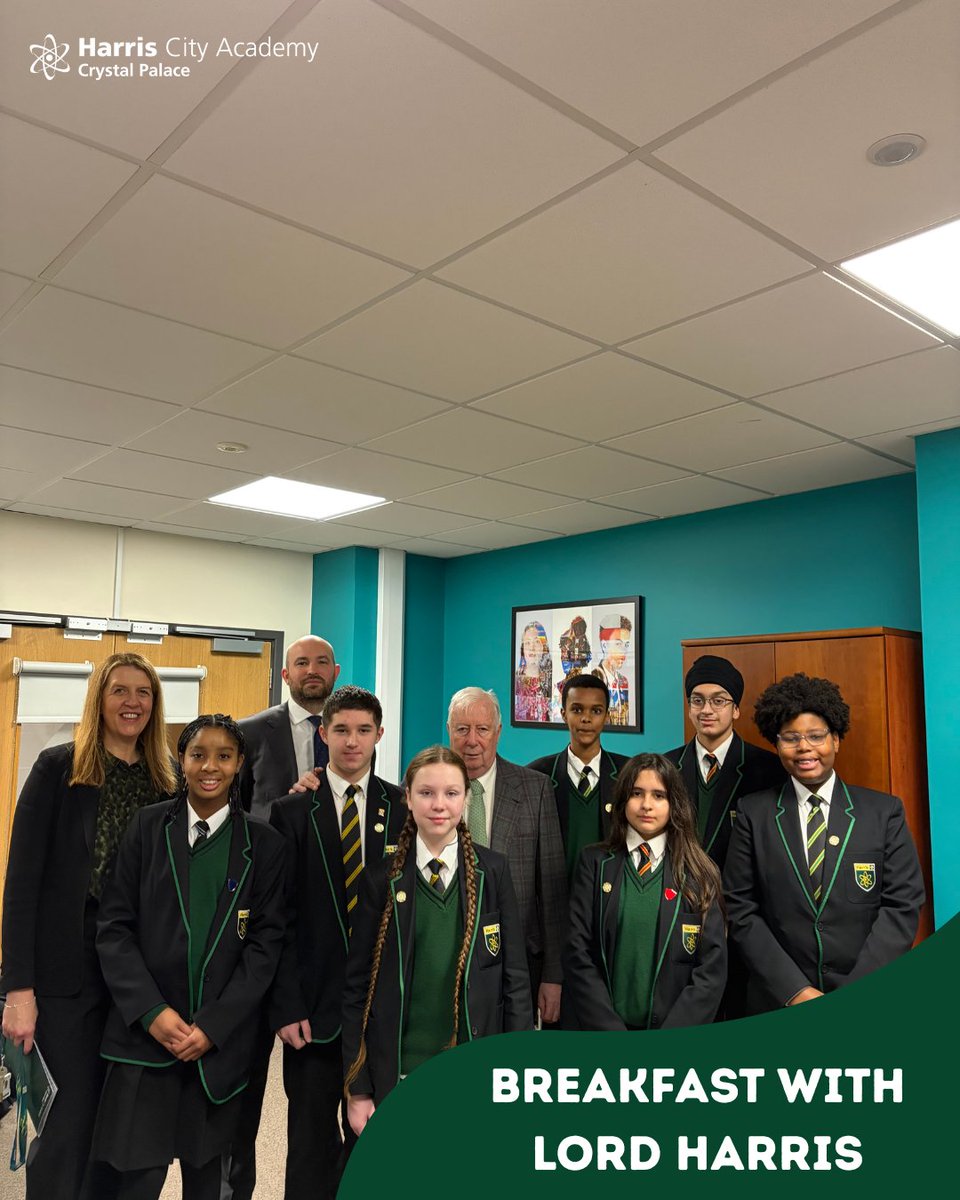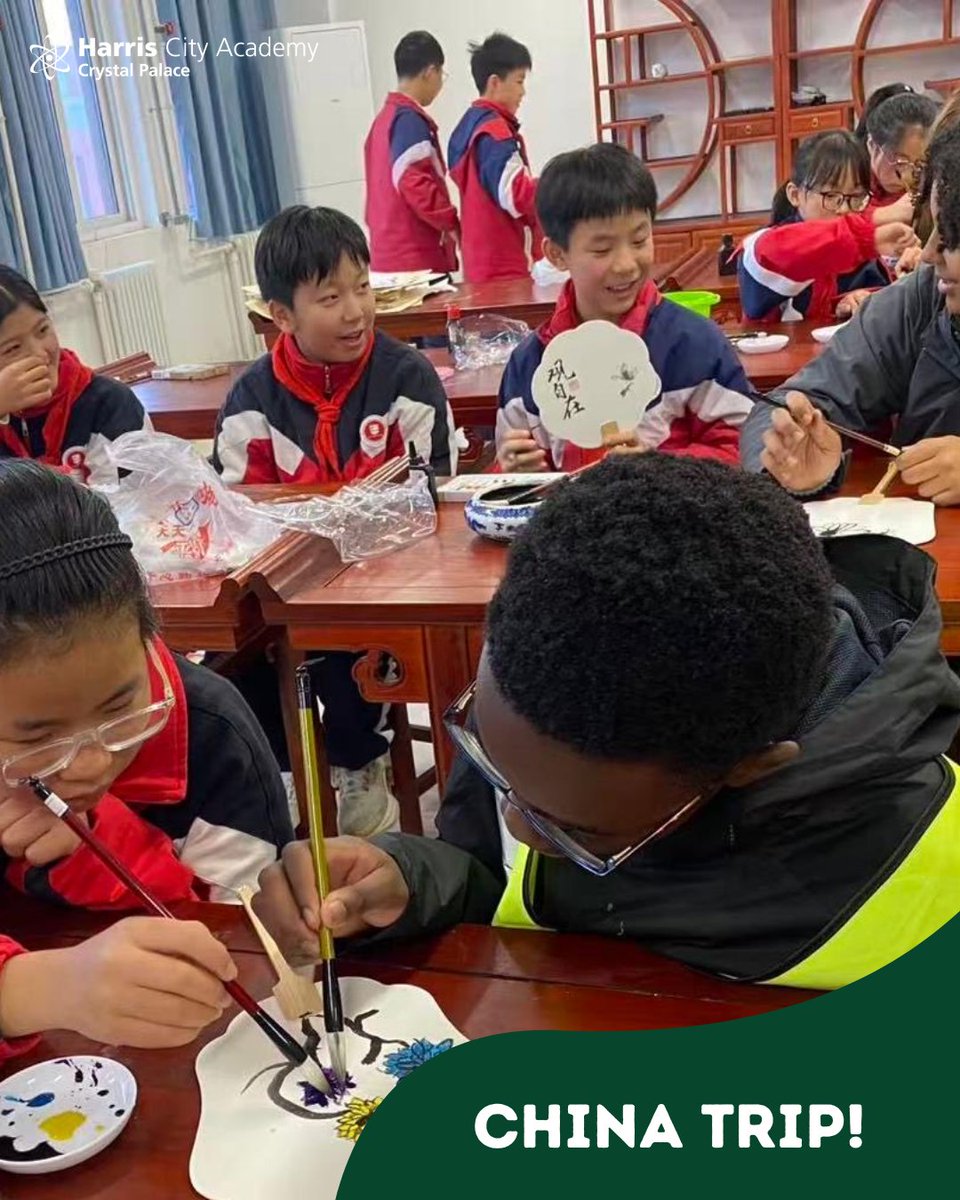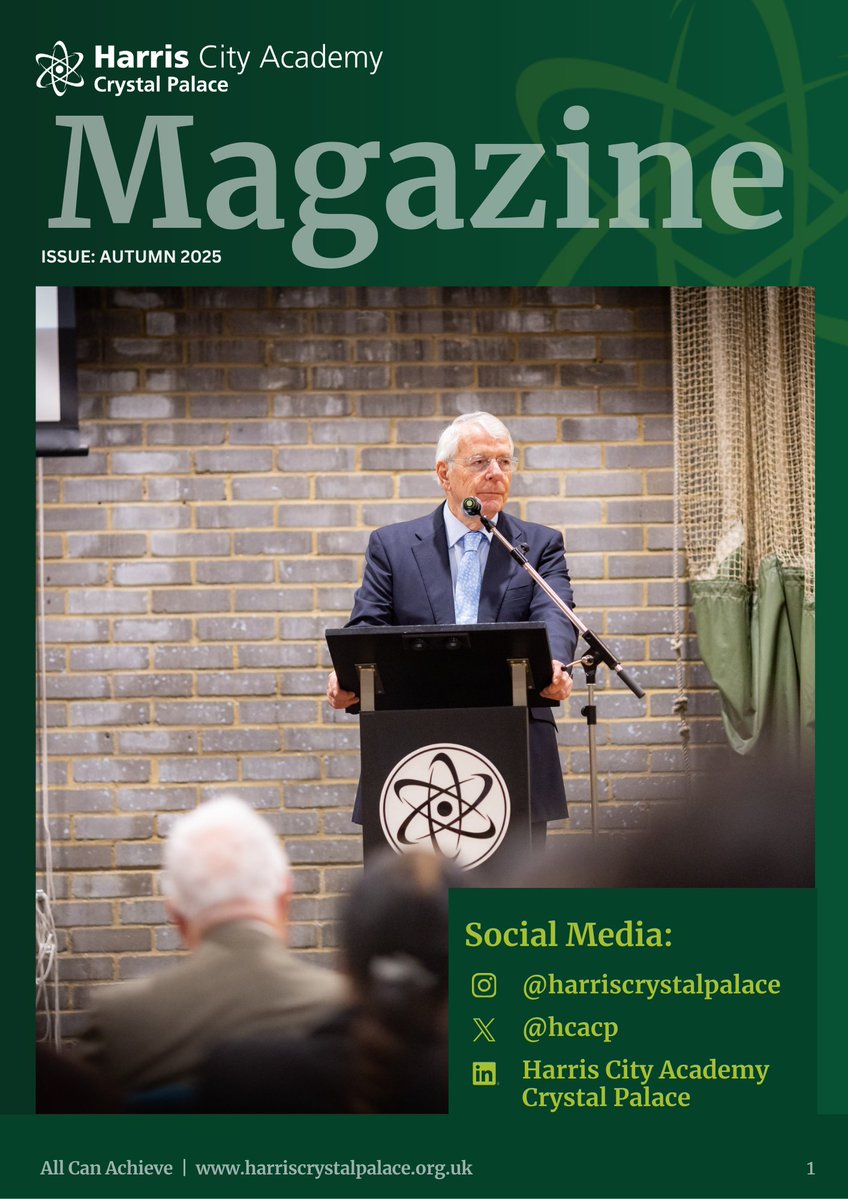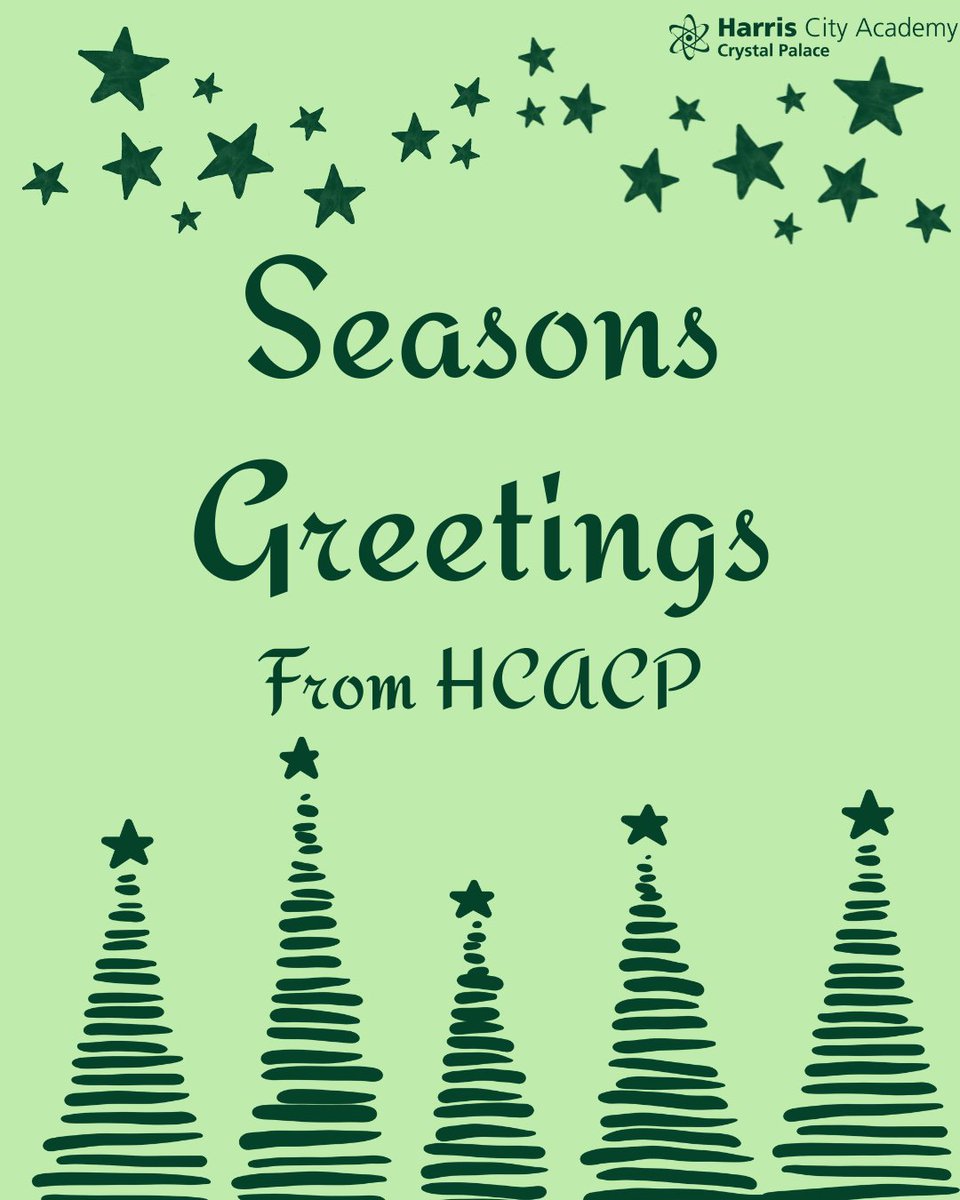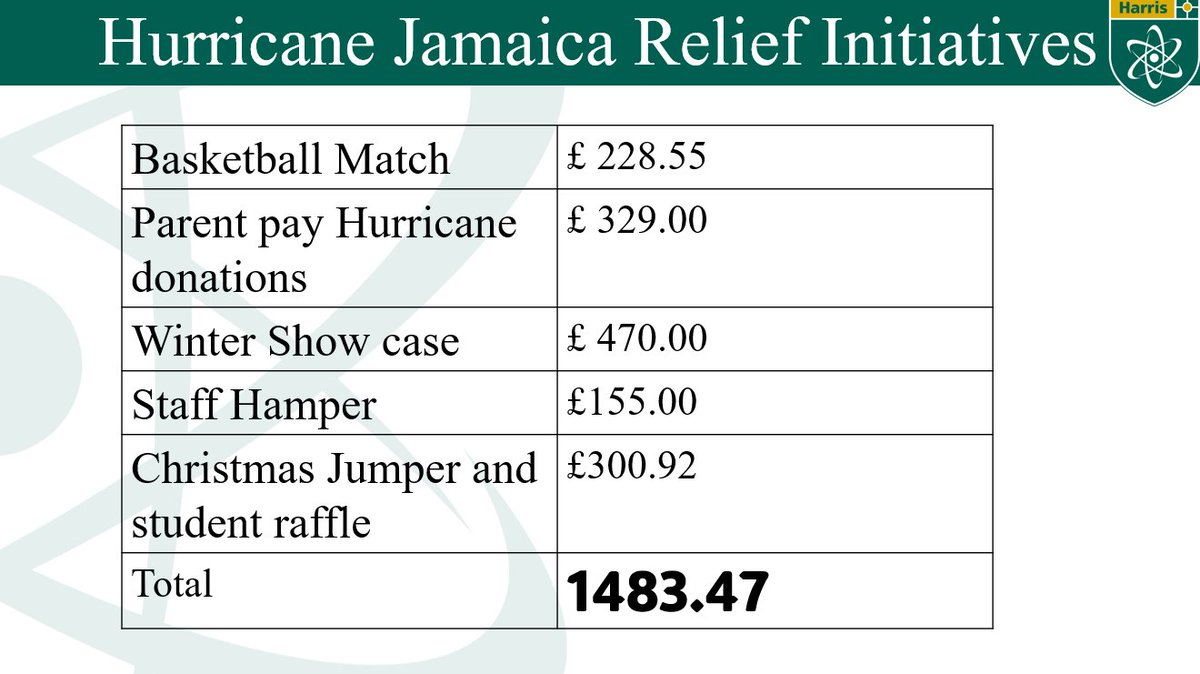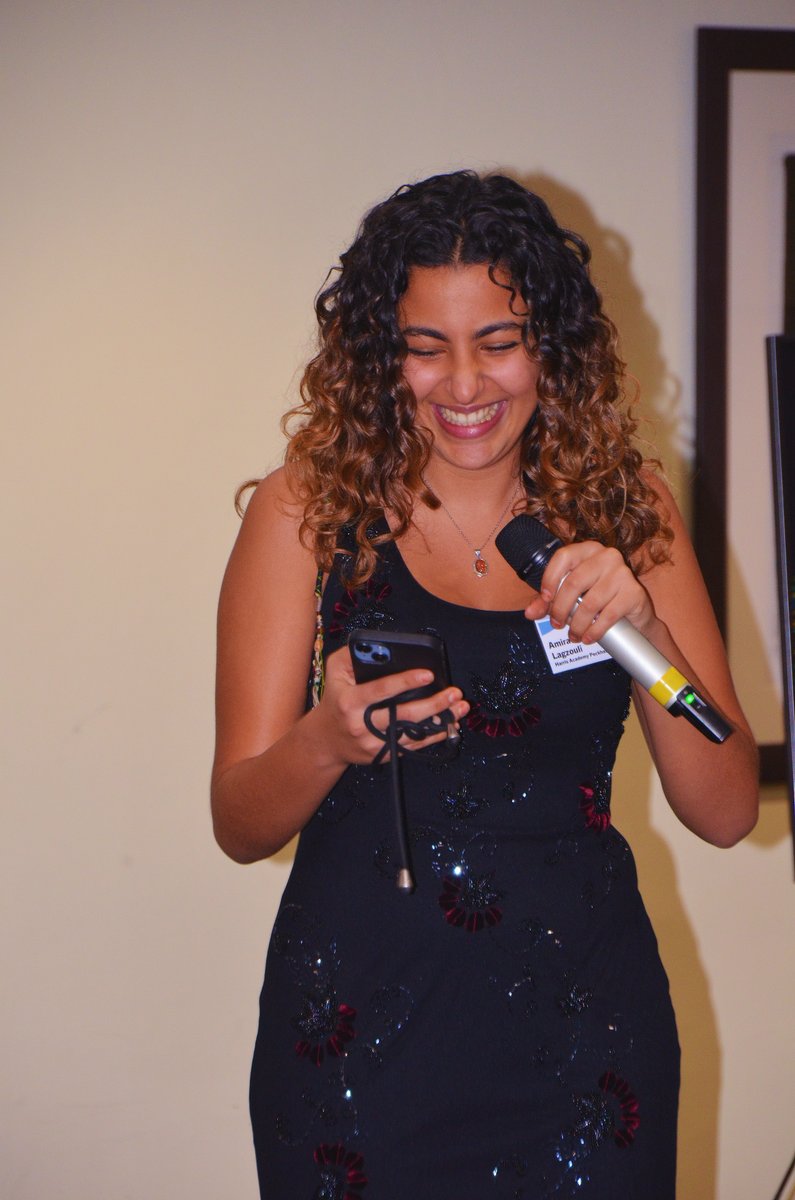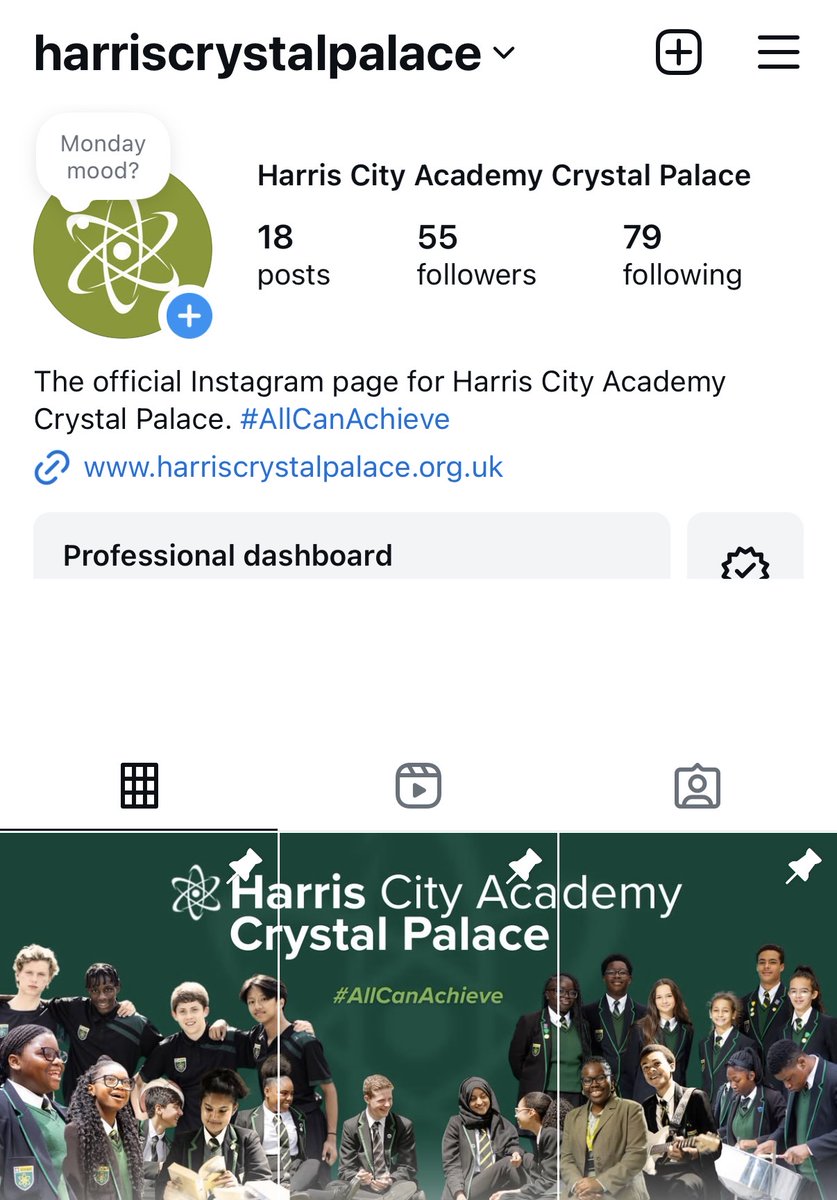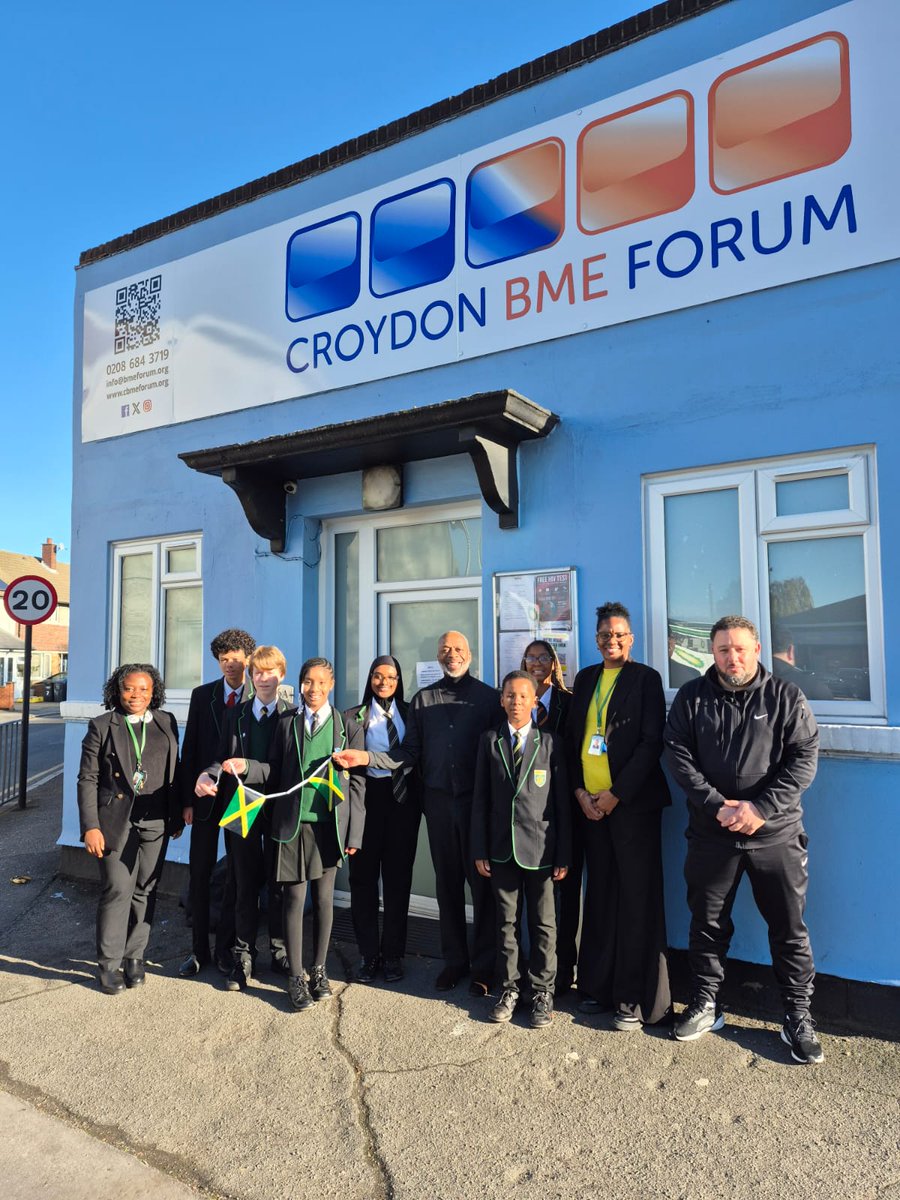Latest News
Posted on December 8th 2014
Prime Minister David Cameron Visits
On Monday 8th December the Academy was visited by Prime Minister, David Cameron, and Secretary of State for Education, Nicky Morgan. Their visit to the Academy was covered extensively by the national media during which they met with trainee teachers on the Harris Federation School Direct programme, took part in a physics experiment and talked to maths teachers and students. The visit coincided with the Prime Minister’s announcement below:
Maths and science must be the top priority in our schools, says Prime Minister
- 17,500 maths and science teachers to be trained
- New computer science GCSE to focus on coding
- World-first code college launched
The Government is launching a major push on maths, science and technology to equip more pupils with the skills needed to work and succeed in high-tech and science-based industries, the Prime Minister, David Cameron, will announce today (Monday).
Thousands of maths and physics teachers will get specialist training to help raise the quality of teaching in schools and the first ever national college for digital skills and coding will be set up to train the digital innovators and technology experts of tomorrow.
The Prime Minister wants to ensure future generations are able to compete with their international counterparts for the best jobs and for the British workforce to have the right skills to compete in a global economy. The Prime Minister will say this must start with raising the standard of maths, science and technology in schools and further education.
Research shows that children with high maths scores at age 10 earn seven per cent more by age 30, and those who go on to work in maths and science-based occupations contribute more than twice as much to the economy as the average.
The Government focus will include:
-
Prioritising maths and physics in schools. 17,500 maths and physics teachers will be trained over the next five years over and above current levels, with schemes to attract more postgraduates, researchers and career-changers, and extensive retraining for non-specialist teachers.
-
The scheme will cost £67m and will include a programme to offer school leavers a bursary to help pay for university, in return for a commitment to become a teacher when they graduate with a maths or physics degree.
-
World-leading digital and coding. A new National College for Digital Skills will be up and running by 2015, working with industry and education providers to train the digital innovators of the future. The college will start working with students in London next year before establishing centres across the country with a focus on higher level technical training.
-
In schools, a new GCSE in Computer Science will be introduced to establish a national standard, covering the most up-to-date issues including writing code, designing programmes and ethical and legal impacts of digital technology. Coding was introduced into the National Curriculum in September and four million pupils have already had there first computing lesson. Several new initiatives by leading companies and charities are also being announced today to help teachers bring the new curriculum to life.
The Prime Minister, David Cameron, said:
‘There’s no secret to success in the modern world. If countries are going to win in the global race and children compete and get the best jobs, you need mathematicians and scientists – pure and simple. So today, we commit to deliver more maths and science teachers.
This is all part of our long-term economic plan for Britain – making sure our children have the skills they need to thrive and get on. And by sticking to it, we will lift our children horizons and pull our country up in the world ’
Further information about this initiative:
1. New maths and physics teachers. New programmes will retrain 15,000 existing teachers, and recruit up to 2,500 additional specialist maths and physics teachers over the next Parliament, on top of existing plans. These will be on top of existing policies to attract top graduates into maths and physics teaching - which include a £25,000 tax-free bursary for graduates with a first-class degree.
The Department for Education estimates that around 500 extra specialist maths and physics teachers every year over the next parliament, on top of current plans. Last year around 2,700 specialist maths and physics teachers were recruited.
2. The benefits of maths. Research by the IFS shows that children with high maths scores at age 10 earn 7.3 per cent more at age 30 than others, even after pupil characteristics and later qualifications are controlled for. Reading skills at age 10 also attract a premium, but not as large as that from maths.
Research by Deloitte also shows that productivity for those working in mathematics and science occupations is more than double the national average (£74,000 as opposed to £36,000).
3. New National College for Digital Skills. The National College for Digital Skills is one of a number of new National Colleges designed to support the growth of learning in higher vocational education. The College will start working with students in London from 2015, aiming to teach 5,000 learners within five years. The college will focus on higher level technical provision, through a range of qualifications and Apprenticeships, designed and delivered with industry.
The College will work with the Tech Partnership group of employers and prominent industry supporters including Bank of America Merrill Lynch, Deloitte, Gamesys, Henderson Global Investors, IBM, King, Oracle Academy, and the Raspberry Pi Foundation.
The College will operate a ‘hub and spoke’ model with a central London campus with the intention to develop additional centres across the country developed in conjunction with industry and education partners. The Founding Chair of Trustees is Sir Rod Aldridge OBE, who is also the Chairman of the educational charity the Aldridge Foundation and was awarded his OBE for services to the computing industry.
4. New initiatives to support teachers. Several new initiatives are being announced today to support teachers in teaching coding on the improved computing curriculum:
-
The Government is today also announcing a second wave of projects in which leading technology firms will co-fund work to prepare teachers for new curriculum. These five projects are part of a £500,000 match fund will see companies including O2 and Google working with schools and top-tier universities such as Queen Mary University London, UCL and Oxford University to provide resources and training for primary and secondary teachers.
-
The Tech Partnership are launching ‘Tech Future Teachers’, which sees over 150 leading digital employers come together to offer teachers the opportunity to shadow an employer for the day to gain important industry insight that can be shared with their students. The Tech Partnership is a new partnership of leading digital employers backed by £18m of funding from the Department for Business, Innovation & Skills.
5. The new GCSE in Computer Science. In schools, a new high-quality and academically demanding GCSE will be taught from 2016 to equip students with the skills and knowledge necessary to prepare them for further and higher education, and employment. The new GCSE will cover the fundamental principles and concepts of computer science including logical and creative thinking as well as the practical skills of designing and testing computer programs.
The world-leading new computing curriculum began this September and includes coding from age five. Over four million pupils have already had their first computer lessons and some 19,000 computing teachers have had support through programmes funded by the Department for Education - including the Computing at School Network of Excellence. Pupils are taught problem solving techniques and how to create and debug simple computer programs, rather than focusing on learning how to use word processing and presentation packages. It is also far shorter than the old ICT curriculum, allowing schools the freedom to innovate.
6. The Hour of Code campaign. The Hour of Code is an international campaign to help people learn to code, taking place in over 50 countries round the world. It is running from 8 – 14 December, and over 1,000 schools and many businesses around the country are getting involved. Last year 3m people in the UK took part.
Three digital champions have united behind the Downing Street Hour of Code event: Apps for Good, Barclays and Free:Formers. Each is committed to driving digital change throughout the UK. Free:Formers transforms firms for the digital age through its unique training programmes - and for every businessperson trained, it trains a 16-25 year old for free. Barclays' Digital Eagles programme now has 8,000 tech experts offering free advice and training to its customers. Apps for Good is an open-source tech education movement that partners with schools and learning centres to teach young people aged between ten and 18 coding and an array of digital skills.

